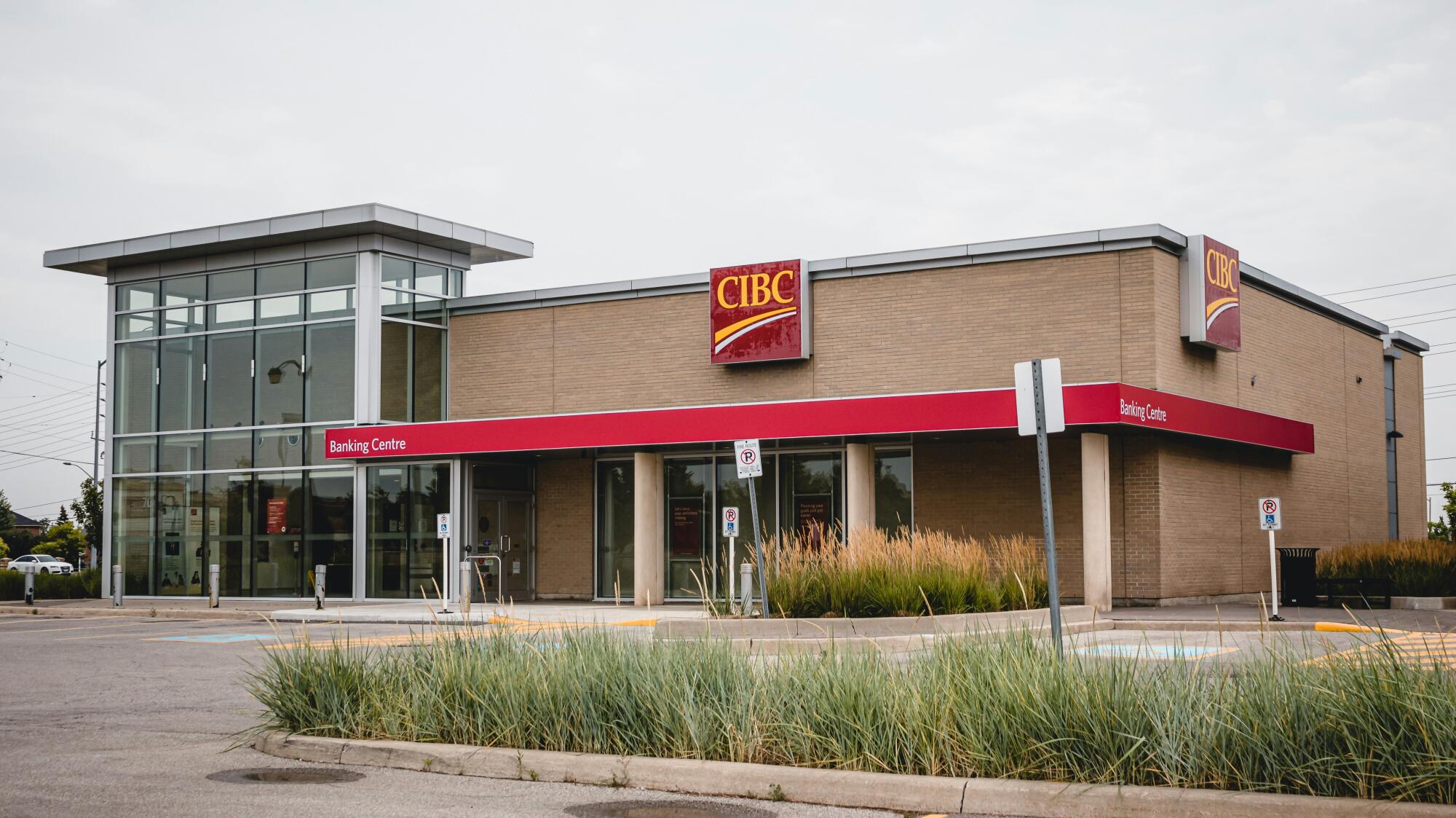You've invested time, resources, and passion into acquiring a prime commercial space. The location is impeccable, promising a steady stream of potential tenants eager to establish their businesses.
Before this vision becomes a reality, you are confronted with the pivotal task of crafting a commercial lease agreement, a document that will shape the dynamics of your property management journey.
So how do you succeed?
Let's go through what you need to know about commercial lease agreements.
Lease Terms
The duration is important for a commercial lease agreement, specifying the agreed-upon period during which the tenant has the right to occupy the space. Alongside this, incorporating renewal options in the agreement provides clarity on the potential extension of the lease. That offers stability for both parties.
The rent structure is a critical aspect, encompassing the base rent amount and payment frequency. Clearly outlining any rent escalation mechanisms, whether fixed or tied to market conditions, helps manage expectations.
Including provisions for late fees establishes consequences for overdue payments.
Repairs and Maintenance
Repairs and maintenance provisions in commercial lease agreements are critical for property owners, outlining the responsibilities of both parties and ensuring the proper upkeep of the leased premises.
Clear and well-defined terms in this area contribute to a harmonious landlord-tenant relationship and protect the property owner's investment.
Default and Termination
Understanding the clauses related to default and termination in commercial lease agreements is crucial for your investment properties.
These provisions delineate the circumstances under which a lease may be terminated and the consequences of default, providing a framework for handling issues that may arise during the lease term.
Specify events that constitute a breach of the commercial lease agreement, such as non-payment of rent, violation of use restrictions, or failure to maintain the property.
Property Use
The lease agreement should include a clause specifying the permitted use of the property. This outlines the business activities that the tenant is allowed to engage in and ensures that the use aligns with local zoning regulations and any restrictions imposed by the landlord or other relevant authorities.
To prevent potential conflicts, property owners should clearly articulate any restrictions on the use of the property. This may include limitations on the type of business conducted, hours of operation, noise levels, or any other factors that could impact the property or neighboring tenants.
Options to Purchase or Right of First Refusal
To prevent potential conflicts, property owners should clearly articulate any restrictions on the use of the property. This may include limitations on the type of business conducted, hours of operation, noise levels, or any other factors that could impact the property or neighboring tenants.
Exclusive-use clauses, if applicable, grant specific rights and privileges to the tenant, preventing the landlord from leasing nearby spaces to businesses that could directly compete with the tenant. This enhances the tenant's market position and provides a level of exclusivity within the property.
Commercial Lease Agreements: Start Today
Commercial lease agreements can be confusing, but with this guide, you should be further on the path to success.
Are you looking for some extra help in Knoxville? PMI Knoxville should be your first stop. We have helped tons of people like you.
Give us a call today.


